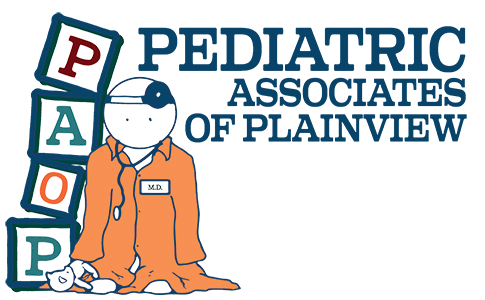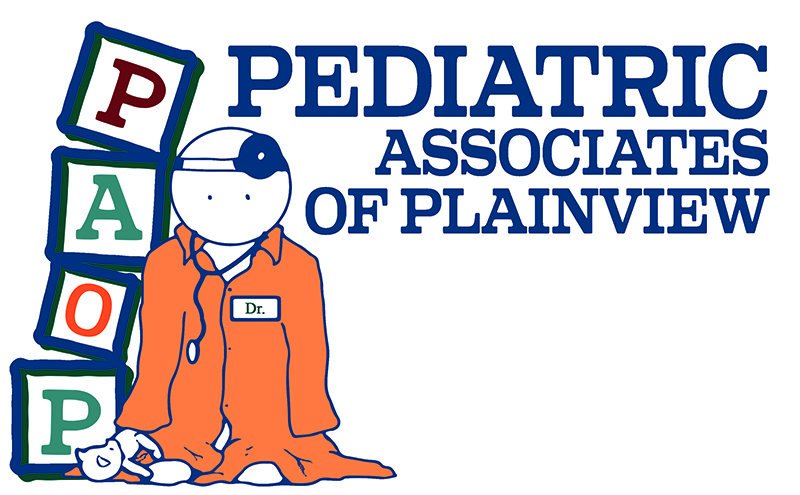
06 Apr National Stress Awareness Month (Childhood Stress)
Did you know that April is National Stress Awareness Month? In the spirit of this time of year, we’d like to spread awareness about childhood stress. While stress pertaining to your children may get overlooked at times, they can still be affected by this force, just like adults. Due to their young age, it is highly likely for children to have issues dealing with and processing the emotions that come along with stress. To help you keep your child’s emotional health in check, our team at Pediatric Associates Of Plainview would like to share some of the common causes of childhood stress, and how we’re able to help if needed.
Causes Of Childhood Stress
Many different factors can lead to feelings of stress. Stress can affect anyone who feels overwhelmed, including your children. Below are some of the most common causes of childhood stress that they could potentially be dealing with daily:
- Separation from their parents (mostly found in preschoolers).
- Not having enough time to play creatively or relax after school.
- Academic and social pressures.
- Hearing parents discuss financial problems, issues at work, and sick relatives.
- Parents are undergoing a divorce.
- Seeing or hearing about traumatic world news that they don’t fully understand.
Signs To Watch For
When you begin to realize that your child is experiencing high stress levels, it’s imperative that you help them find relief promptly. It’s important to remember that children handle stress differently than adults, so the signs that they are displaying may not be what you’re expecting. Examples of the signs your child may be exhibiting due to stress could include some of the following:
- Mood swings.
- Changes in sleep patterns.
- Physical symptoms, such as stomachaches and headaches occurring.
- Difficulty concentrating.
- Developing habits such as thumb sucking, hair twirling, or nose-picking.
What To Do As A Parent
Even if you’ve dealt with stress yourself, it can be hard to know the best way to help your child as their situation is likely different from yours. Sometimes, children won’t talk about what they’re going through, because they either don’t fully understand or know how to convey to an adult. When this happens, try talking to them about the struggles that you yourself have faced in the past. Explain to them that it’s okay to feel the way they’re feeling and that you’ll be there to listen when they’re ready to open up. If they remain unwilling to talk and continue to show the signs of dealing with stress, our team at Pediatric Associates of Plainview can help.
How Pediatric Associates Of Planview Will Help
If your child has been unresponsive after trying to help them deal with stress, consider bringing them to our office. Our pediatrician will perform a depression/anxiety screening test to determine the root of your child’s issues. Following the completion of this, our pediatrician, you, and your child can work together to overcome this stress and determine what the best steps moving forward will be. You don’t need to try to work through your child’s emotional issues alone. Contact us today so your child can receive the help they need.


Sorry, the comment form is closed at this time.